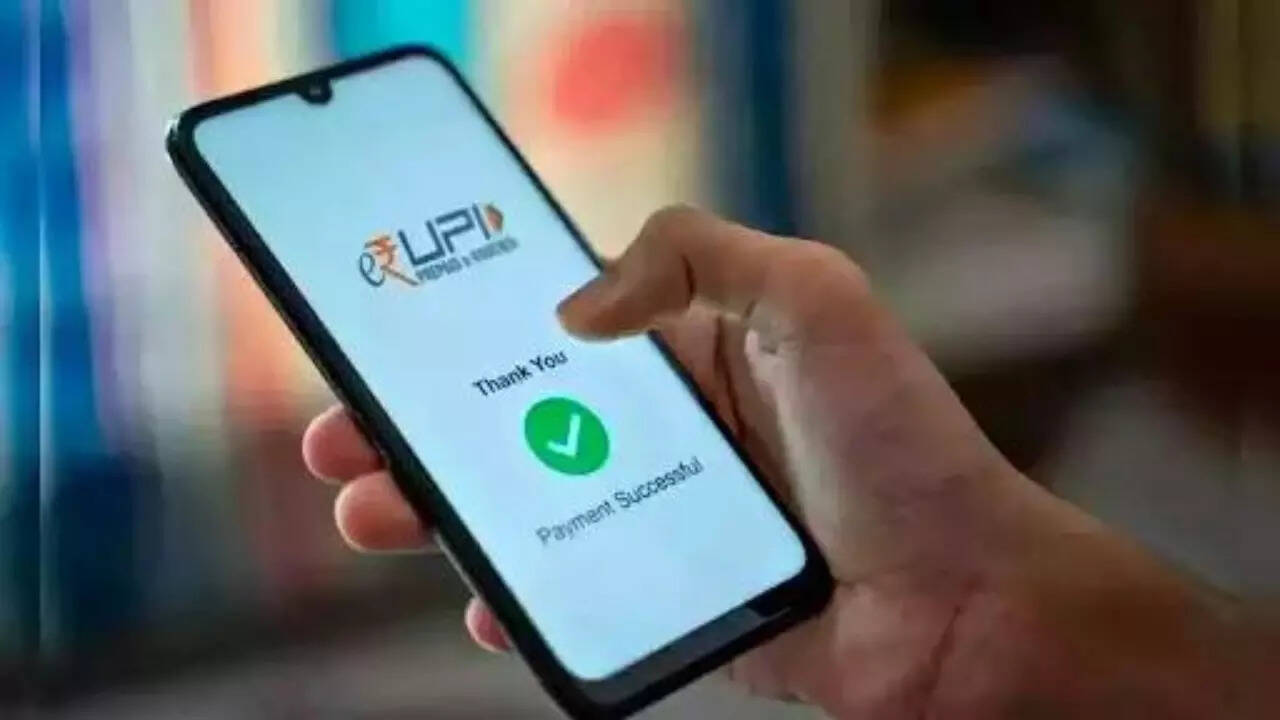Unified Payment Interface (UPI) has become one of the most popular ways for transactions in India. To improve convenience in payments, the governor of the Reserve Bank of India (RBI) recently launched a new feature called UPI Lite X. This feature will allow users to send and receive money while being completely offline. RBI governor Shaktikanta Das introduced the latest UPI feature at the Global Fintech Fest 2023.
What is UPI Lite X
UPI Lite X will allow users to initiate and complete transactions while they are in locations with no connectivity. This includes underground stations, remote areas and more. The feature will let customers send and receive money while being fully offline.
What NPCI said about the feature
In a statement, the National Payments Corporation of India (NPCI) said: “Building on the success of the UPI LITE feature, the RBI Governor launched UPI LITE X for Offline payments. Through this feature, users can now both send and receive money whilst being completely offline, therefore, allowing users to initiate and execute transactions even in areas with poor connectivity, such as underground stations, remote areas, etc. UPI LITE X will be accessible to anyone with a compatible device that supports Near Field Communication (NFC). UPI LITE payments are faster than other payment methods, as they require less time to process the transaction.”
How is it different from UPI and UPI Lite
UPI Lite is a payment solution that uses the NPCI Common Library (CL) app to process low-value transactions. Currently, the transaction amount has been set at below Rs 500. This feature is like an ‘on-device wallet’ that allows users to make real-time small-value payments without using a UPI PIN.
On the other hand, UPI is a 24×7 instant payment system that allows users to transfer money in real time between two bank accounts. According to the NPCI website, UPI is built over the Immediate Payment Service or IMPS infrastructure. Both these features are very different from the latest UPI Lite X.
While making a transaction using UPI or UPI Lite, the recipient does not have to be physically present and will be able to accept the funds from anywhere in the country. These transactions can be completed either by scanning the QR code or by using the recipient’s UPI ID or linked phone number. However, UPI Lite X transactions will need both the sender’s and the receiver’s devices to be nearby.
What is UPI Lite X
UPI Lite X will allow users to initiate and complete transactions while they are in locations with no connectivity. This includes underground stations, remote areas and more. The feature will let customers send and receive money while being fully offline.
What NPCI said about the feature
In a statement, the National Payments Corporation of India (NPCI) said: “Building on the success of the UPI LITE feature, the RBI Governor launched UPI LITE X for Offline payments. Through this feature, users can now both send and receive money whilst being completely offline, therefore, allowing users to initiate and execute transactions even in areas with poor connectivity, such as underground stations, remote areas, etc. UPI LITE X will be accessible to anyone with a compatible device that supports Near Field Communication (NFC). UPI LITE payments are faster than other payment methods, as they require less time to process the transaction.”
How is it different from UPI and UPI Lite
UPI Lite is a payment solution that uses the NPCI Common Library (CL) app to process low-value transactions. Currently, the transaction amount has been set at below Rs 500. This feature is like an ‘on-device wallet’ that allows users to make real-time small-value payments without using a UPI PIN.
On the other hand, UPI is a 24×7 instant payment system that allows users to transfer money in real time between two bank accounts. According to the NPCI website, UPI is built over the Immediate Payment Service or IMPS infrastructure. Both these features are very different from the latest UPI Lite X.
While making a transaction using UPI or UPI Lite, the recipient does not have to be physically present and will be able to accept the funds from anywhere in the country. These transactions can be completed either by scanning the QR code or by using the recipient’s UPI ID or linked phone number. However, UPI Lite X transactions will need both the sender’s and the receiver’s devices to be nearby.
During UPI transactions, money is sent instantly from one bank account to another. Meanwhile, in the case of UPI Lite money is transferred from the sender’s on-device wallet or UPI Lite account to the recipient’s bank account.
UPI Lite X transactions use NFC to transfer money between the sender’s on-device wallet and the receiver’s on-device wallet. This eliminates the need for internet access as the transaction takes place between on-device e-wallets rather than bank accounts.
For UPI, the maximum amount that can be transferred in a day from a bank account is Rs 2 Lakhs. Meanwhile, UPI Lite’s maximum limit for a single transaction is Rs 500, while the maximum limit in a day is Rs 4,000. There’s no such limit announced for UPI Lite X.
Denial of responsibility! Yours Headline is an automatic aggregator of the all world’s media. In each content, the hyperlink to the primary source is specified. All trademarks belong to their rightful owners, all materials to their authors. If you are the owner of the content and do not want us to publish your materials, please contact us by email – [email protected]. The content will be deleted within 24 hours.

